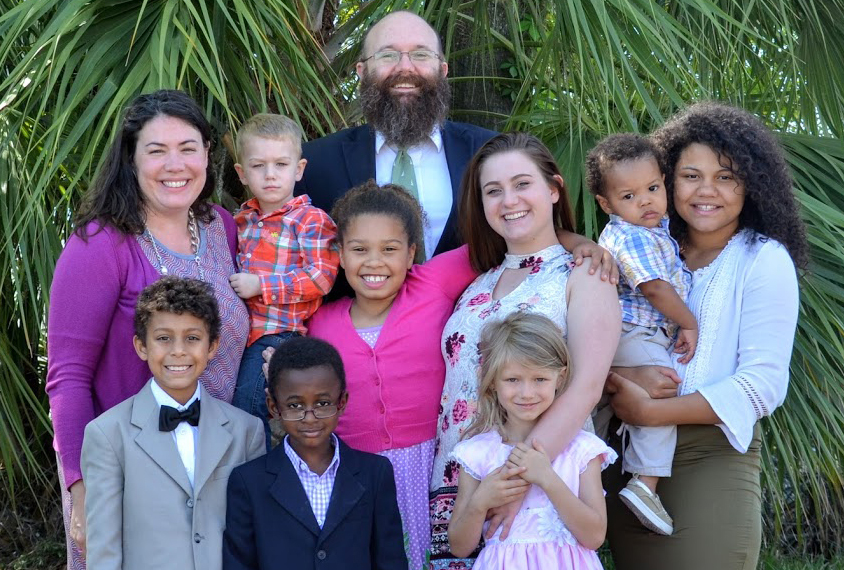Phil Galewitz, Senior Correspondent, covers Medicaid, Medicare, long-term care, hospitals and various state health issues.
Phil Galewitz
From this contributor
Number of uninsured children rising for first time in decade
After years of steady decline, the number of U.S. children without health insurance rose by 276,000 in 2017.

Number of uninsured children rising for first time in decade
Foster children on Medicaid may have unmet mental health needs
Too few doctors accept Medicaid, and foster families also face the challenge of coordinating treatment decisions between government welfare agencies and biological parents.

Foster children on Medicaid may have unmet mental health needs
Children’s health insurance program running on fumes in some U.S. states
Some states are facing a mid-January loss of funding for their Children’s Health Insurance Program, despite spending approved by Congress in late December that was expected to keep the program running for three months.

Children’s health insurance program running on fumes in some U.S. states
Alabama to drop thousands of children from health insurance New Year’s Day
Alabama plans to drop 7,000 children from coverage on New Year’s Day, the first step to shutting down coverage for everyone, as the result of U.S. Congress' failure to restore federal funding of the Children’s Health Insurance Program.

Alabama to drop thousands of children from health insurance New Year’s Day
U.S. Congress fails to extend funding for children’s coverage
Until Congress renews CHIP, states are cut off from additional federal funding that helps lower- and middle-income families.

U.S. Congress fails to extend funding for children’s coverage
Explore more from The Transmitter
Dendrites help neuroscientists see the forest for the trees
Dendritic arbors provide just the right scale to study how individual neurons reciprocally interact with their broader circuitry—and are our best bet to bridge cellular and systems neuroscience.

Dendrites help neuroscientists see the forest for the trees
Dendritic arbors provide just the right scale to study how individual neurons reciprocally interact with their broader circuitry—and are our best bet to bridge cellular and systems neuroscience.
Two primate centers drop ‘primate’ from their name
The Washington and Tulane National Biomedical Research Centers—formerly called National Primate Research Centers—say they made the change to better reflect the breadth of research performed at the centers.

Two primate centers drop ‘primate’ from their name
The Washington and Tulane National Biomedical Research Centers—formerly called National Primate Research Centers—say they made the change to better reflect the breadth of research performed at the centers.
Post-infection immune conflict alters fetal development in some male mice
The immune conflict between dam and fetus could help explain sex differences in neurodevelopmental conditions.

Post-infection immune conflict alters fetal development in some male mice
The immune conflict between dam and fetus could help explain sex differences in neurodevelopmental conditions.